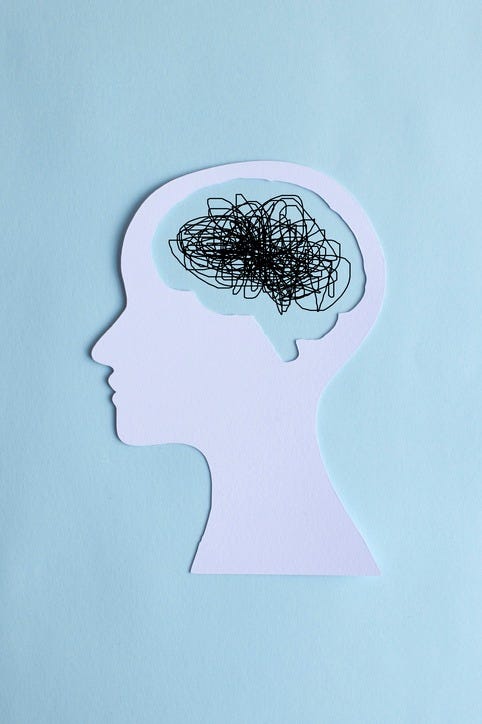Interrupting Unproductive Negative Thoughts
Are you battling cognitive distortions?
Welcome to Raising Good Humans on Bulletin. We are so happy you're joining our judgment-free, science-backed parenting community. Subscribe now to get these articles in your inbox every week, AND consider becoming a premium member for exclusive behind-the-scenes access, LIVE Q&A's, and more original content.
Cognitive distortions are patterns of thinking that are typically inaccurate and negative. This is different than realistic appraisals that sound negative. Real distortions (for example, "no one likes me") are not generally true in all situations, while realistic appraisals (for example, "I am not good at basketball") may be perceived as a negative, but may also be true.
Faulty connections between our thoughts, ideas, actions and past outcomes, form over time and leave us unable to trust our ability to think and evaluate situations critically. This is when cognitive distortions are born. Sometimes these thoughts are so automatic that it makes it hard for us to recognize and reprogram them. These distortions live in our self conscious and can cause us to sabotage relationships, new experiences and opportunities.
The first piece in battling these negative thoughts is to recognize them. When you notice that you are experiencing cognitive distortions, try these steps.
Focused distraction. Have a positive thought that you can “go to” when negative thoughts arise. This is not to be confused with avoiding reality.
Set aside worry time. Give yourself 10 minutes each day to freely write down worries, anxieties, fears and negative thoughts.
Prepare and welcome worries. Instead of avoiding your worries, accept them. Recognize them, welcome them, and let them go. Working to try and prevent worries, or hide them, can make them fester. Think of a worry as a friend who is visiting. As Sharon Saltzberg says, just have a quick coffee with this friend and not a whole meal.
Replace negativity with gratitude. When you identify a negative thought, balance it with a moment of gratitude. This can help re-wire your natural spiral of worry and shame.
Journal. Having a place to safely dump your thoughts and feelings each day, even throughout the day, can allow you to gain understanding and recognize patterns in your thinking. Work on ending the journal entry with something hopeful and encouraging, even if it's something small.
I hope these help on your path to addressing cognitive distortions in your life, and moving to more realistic appraisals.
Warmly,
Thanks for being a part of Raising Good Humans. We are in this together.



